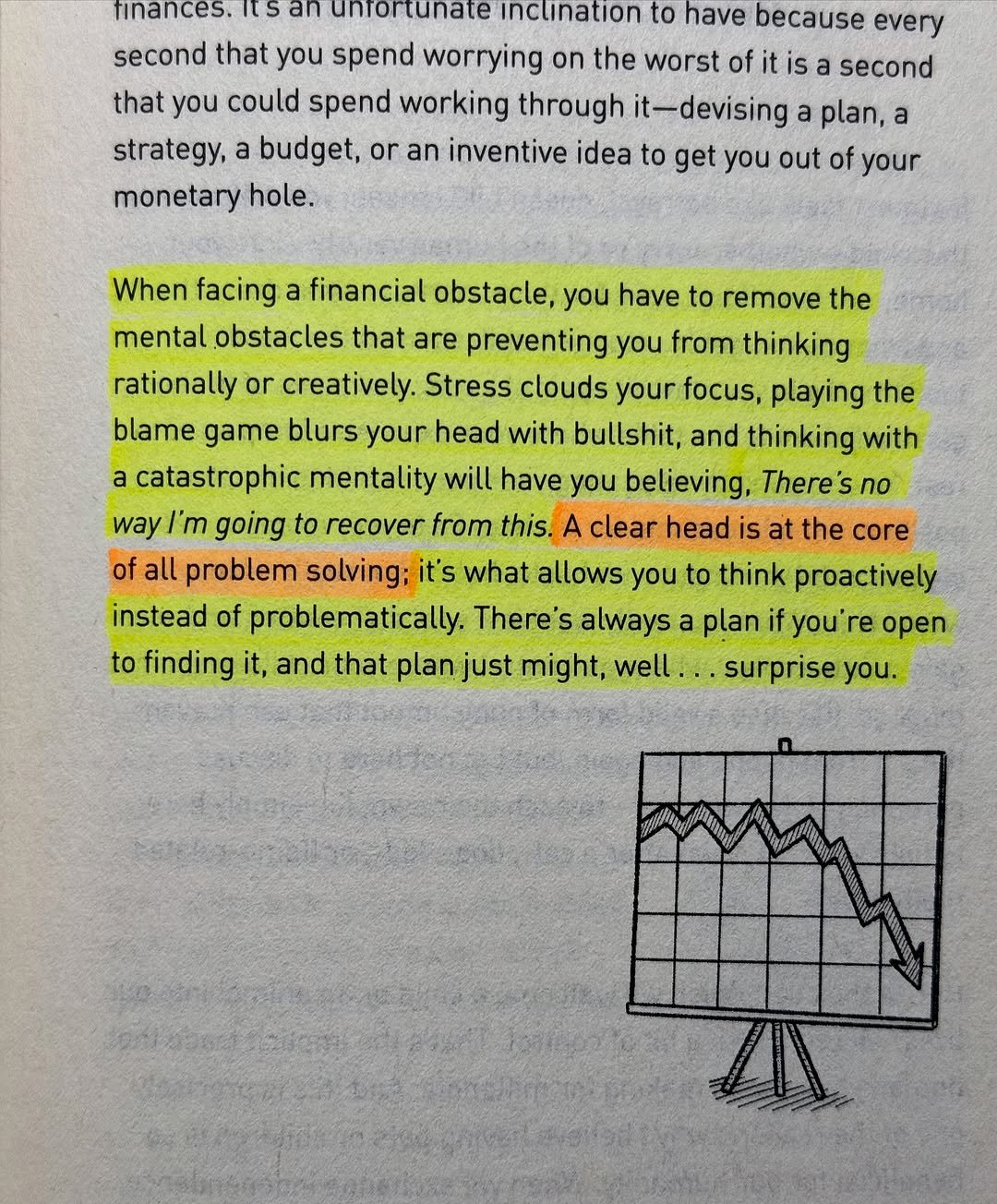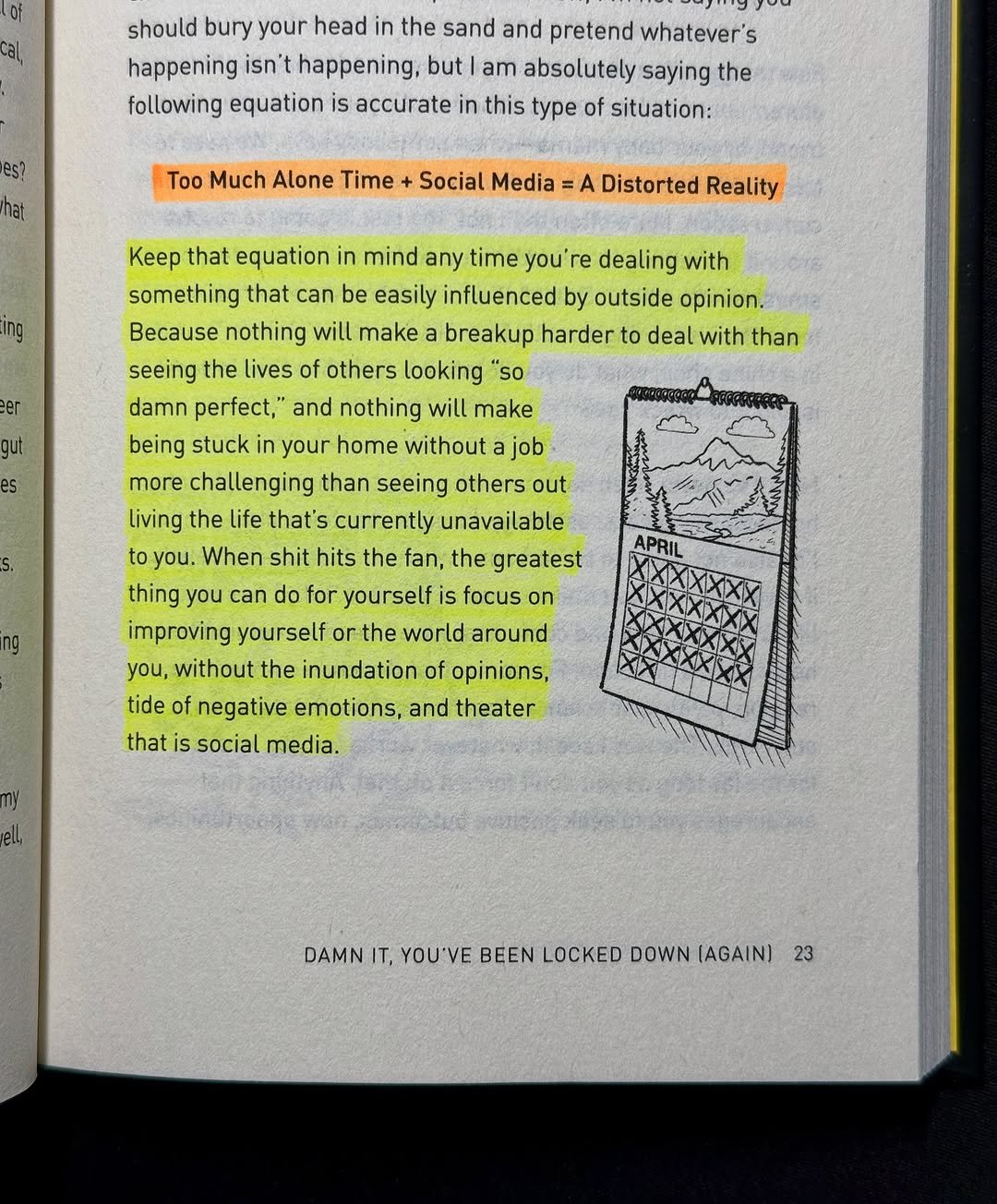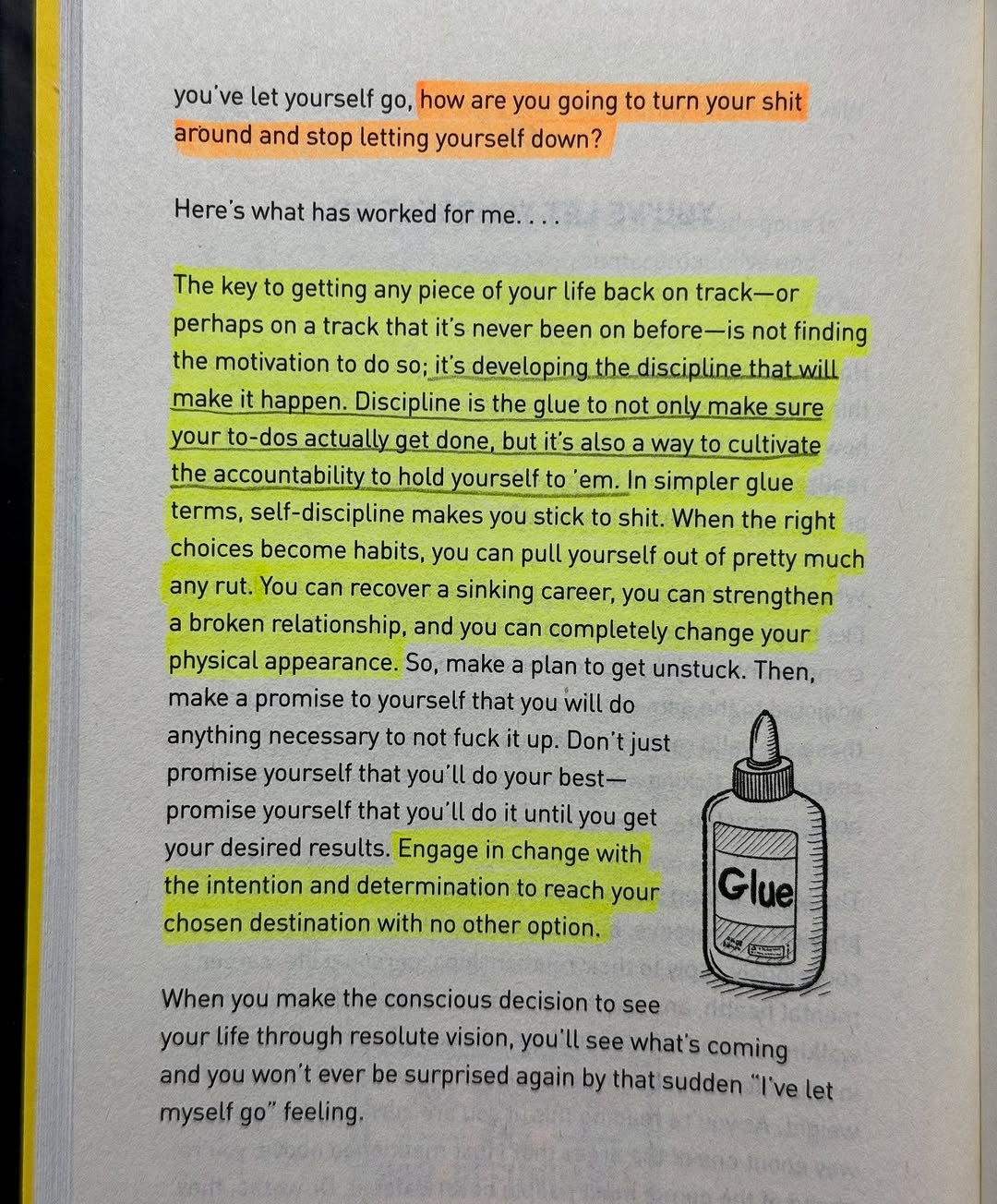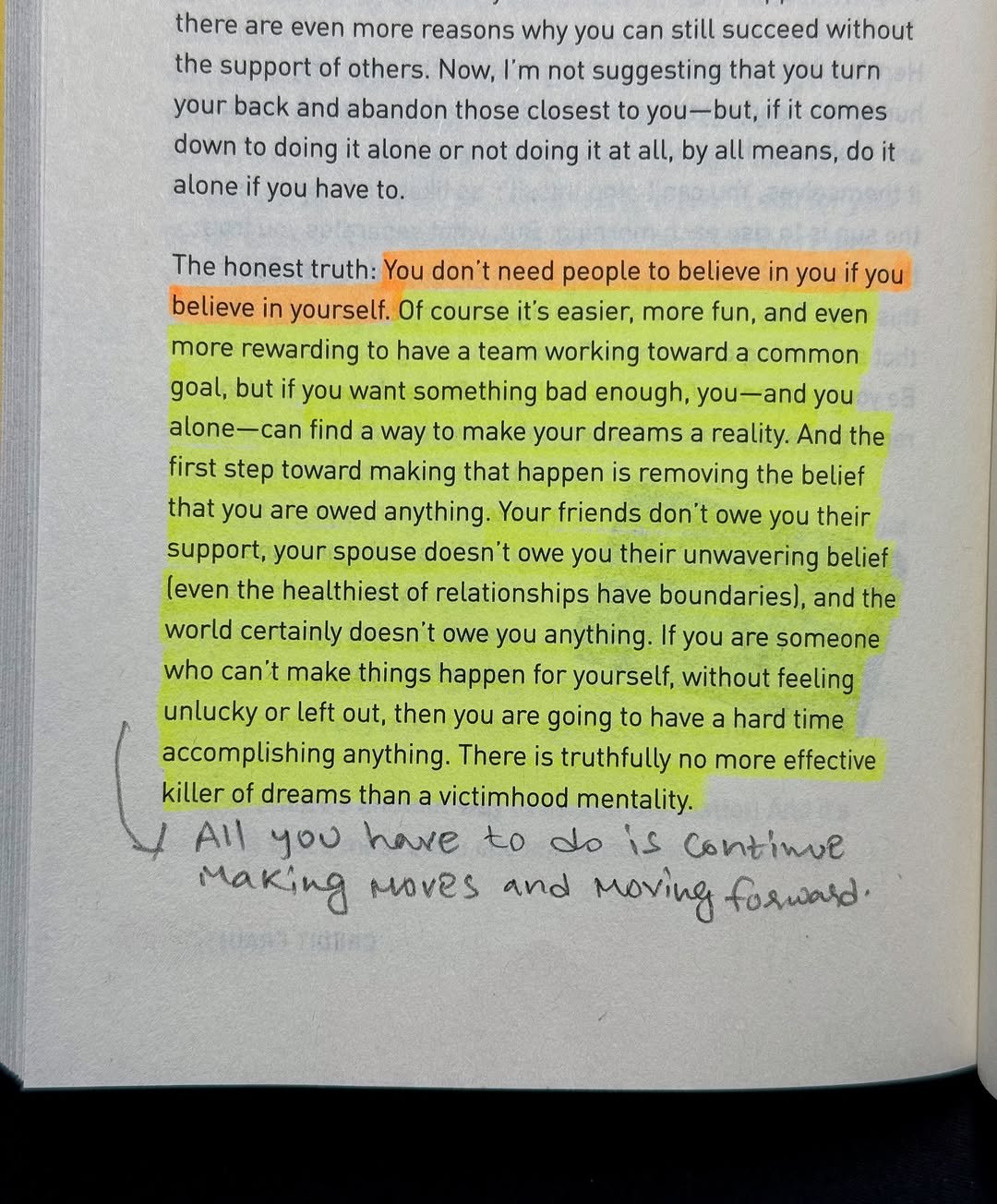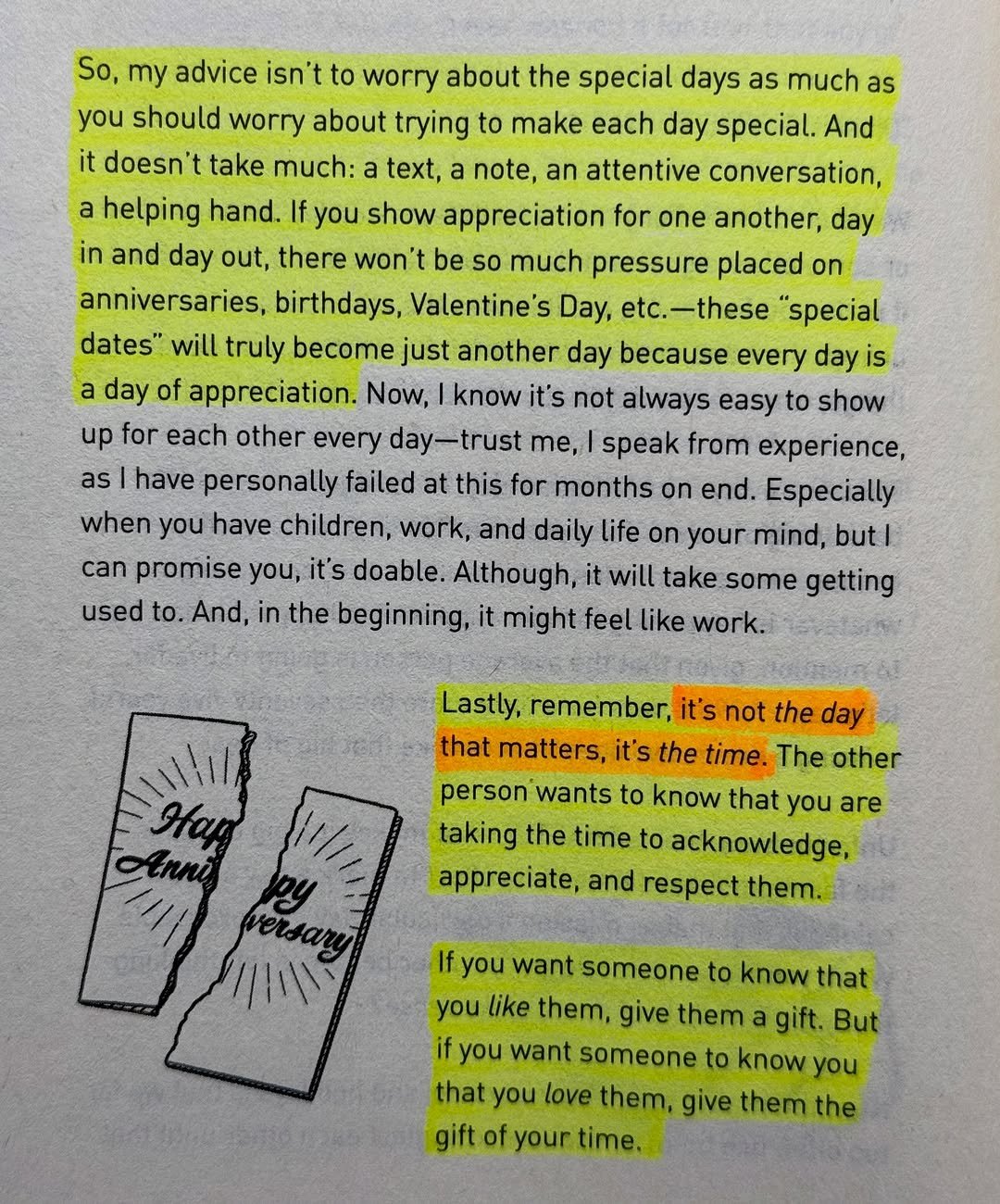Speech Therapy: A Practical Guide to Clearer Communication by Kyle Creek
Communication is the foundation of human connection—yet many struggle with speech clarity, confidence, and articulation. Whether you're overcoming a stutter, refining your public speaking, or simply wanting to express yourself more effectively, Speech Therapy by Kyle Creek offers practical techniques to transform your voice and presence.
This article breaks down the key principles, exercises, and mindset shifts from Creek’s book to help you speak with clarity, power, and impact.
Why Speech Therapy Matters
Speech isn’t just about words—it’s about how you’re perceived. Poor articulation, filler words ("um," "like"), or a shaky voice can undermine your authority, while clear, confident speech can:
✅ Boost career opportunities
✅ Strengthen relationships
✅ Increase self-confidence
✅ Enhance persuasion and leadership
Kyle Creek’s approach blends clinical speech therapy techniques with real-world communication strategies, making it useful for:
- Professionals (executives, salespeople, teachers)
- Public speakers and performers
- Non-native English speakers
- Individuals recovering from speech disorders
Core Principles from Speech Therapy
1. Breath Control: The Foundation of Strong Speech
Weak breathing = weak voice. Creek emphasizes diaphragmatic breathing to:
- Increase vocal power
- Reduce vocal strain
- Improve tone and resonance
Exercise:
- Lie down, place a hand on your stomach.
- Breathe deeply—your belly should rise, not your chest.
- Practice speaking while maintaining steady breaths.
2. Articulation Exercises (Crisp, Clear Speech)
Mumbling or slurring words makes you hard to understand. Creek’s drills include:
- Tongue twisters (e.g., "She sells seashells by the seashore")
- Exaggerated mouth movements (over-enunciate to train muscles)
- Slow-motion speech (practice speaking deliberately)
3. Reducing Filler Words
Excessive "ums" and "uhs" make you sound unsure. Creek’s fix:
- Pause instead of filling silence – A brief silence feels more confident.
- Record yourself – Identify filler word patterns.
- Use a "filler word buddy" – Have someone call out when you slip.
4. Pitch & Tone Mastery
A monotone voice is forgettable; a dynamic one captivates. Tips:
- Vary pitch – Emphasize key words with slight rises/drops.
- Mirror charismatic speakers – Study TED Talks or audiobook narrators.
5. Overcoming Stuttering & Blocks
Creek’s methods for smoother speech:
- Gentle onset – Start sentences softly to avoid tension.
- Stretchy speech – Prolong syllables to reduce stuttering.
- Mindfulness – Anxiety worsens stuttering; meditation helps.
Advanced Techniques for Public Speaking
For those facing audiences, Creek recommends:
1. The "Power Pause"
Before speaking, take 3 seconds of silence to command attention.
2. Audience Anchoring
Make eye contact with one person at a time (creates intimacy).
3. Storytelling Structure
Use the "Hero’s Journey" framework to make speeches engaging:
- Setup (Introduce a relatable problem)
- Struggle (Describe challenges)
- Solution (Your key message)
Mindset: Confidence Is a Skill
Creek stresses that nervousness never fully disappears—even pros feel it. The key is preparation + reframing:
- "I’m excited" vs. "I’m nervous" (They physiologically feel the same).
- Focus on serving the audience (Not "Do I sound smart?").
Who Should Read Speech Therapy?
- Professionals wanting to sound more authoritative.
- Non-native speakers improving pronunciation.
- Stutterers seeking practical coping tools.
- Actors, podcasters, and presenters refining delivery.
Final Thought: Speak Like It Matters
Your voice is your signature. Whether in meetings, speeches, or everyday conversations, clarity and confidence open doors.
📖 Grab Speech Therapy by Kyle Creek to start your journey.



